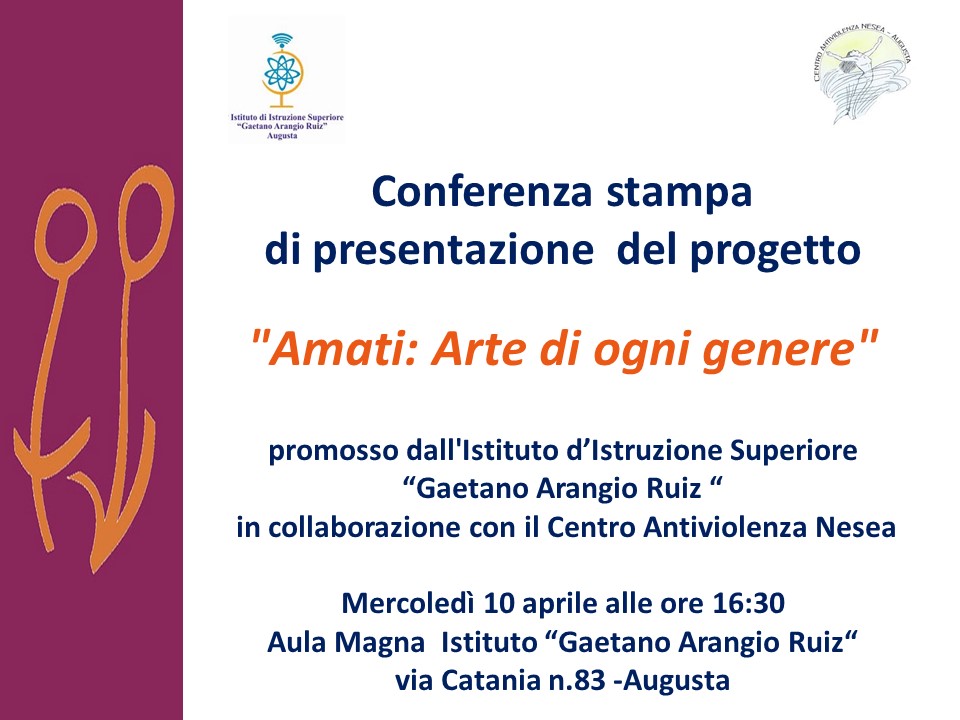Collegamenti utili
Notizie & Avvisi
DECRETO APPROVAZIONE GRADUATORIE PER LA SELEZIONE DI ESPERTI E TUTOR PER LA CONDUZIONE DI LABORATORI
Clicca sul titolo per approfondire
AVVISO_disponibilità ATA_progetto_infanzia 0-6
Clicca sul titolo per approfondire
da Sris009004-aut
Campionati Sportivi Studenteschi di Atletica Leggera- fase provinciale
Clicca sul titolo per approfondire
da Sris009004-aut
PCTO attività laboratorio classi 4ae-4ai-4bi-4am.pdf
circ. n.518PCTO attività laboratorio classi 4ae-4ai-4bi-4am.pdf
Olimpiadi di informatica fase territoriale
circ. n.517Olimpiadi di informatica fase territoriale
Finale Regionale C.S. di Atletica leggera 23-04-24 Palermo
circ. n.516Finale Regionale C.S. di Atletica leggera 23-04-24 Palermo
Servizi
Qui puoi trovare i servizi e le informazioni messi a disposizione di famiglie, studenti, personale scolastico e fornitori esterni.
Percorsi di studio
Gli indirizzi di studio che è possibile frequentare nella scuola
A.S. 2023/2024

Amministrazione, finanza e marketing
Il diplomato in Amministrazione, Finanza e Marketing ha competenze generali nel campo dei macro fenomeni economici nazionali ed internazionali
Turismo
Il Diplomato nel Turismo ha competenze specifiche nel comparto delle imprese del settore turistico
Elettrotecnica ed Elettronica
L'indirizzo Elettronica ed Elettrotecnica ha lo scopo generale di preparare lo studente nel campo della progettazione, costruzione e collaudo di impianti
Informatica e Telecomunicazione - Biennio Comune
L'indirizzo Informatica e Telecomunicazioni ha lo scopo generale di preparare lo studente nel campo dell'analisi, comparazione, progettazione e installazione
Meccanica e Meccatronica
Questo indirizzo fornisce le competenze per progettare, realizzare e gestire apparati e sistemi meccanici ed elettromeccanici in diversi contesti produttivi
Liceo Scientifico opzione Scienze Applicate
L'opzione “scienze applicate” fornisce agli studenti competenze avanzate negli studi legati alla cultura scientifico-tecnologica
Liceo scientifico quadriennale
L'opzione “scienze applicate” fornisce agli studenti competenze avanzate negli studi legati alla cultura scientifico-tecnologica,






da Sris009004-aut